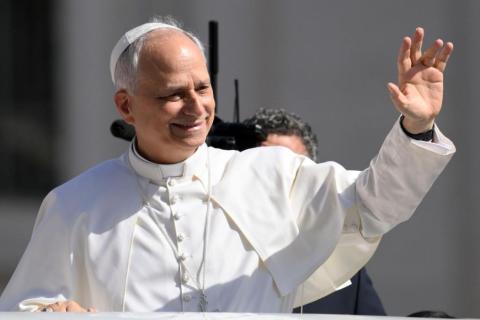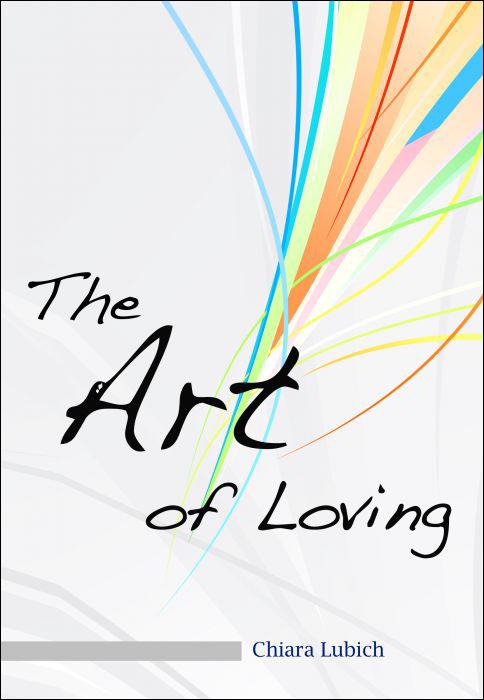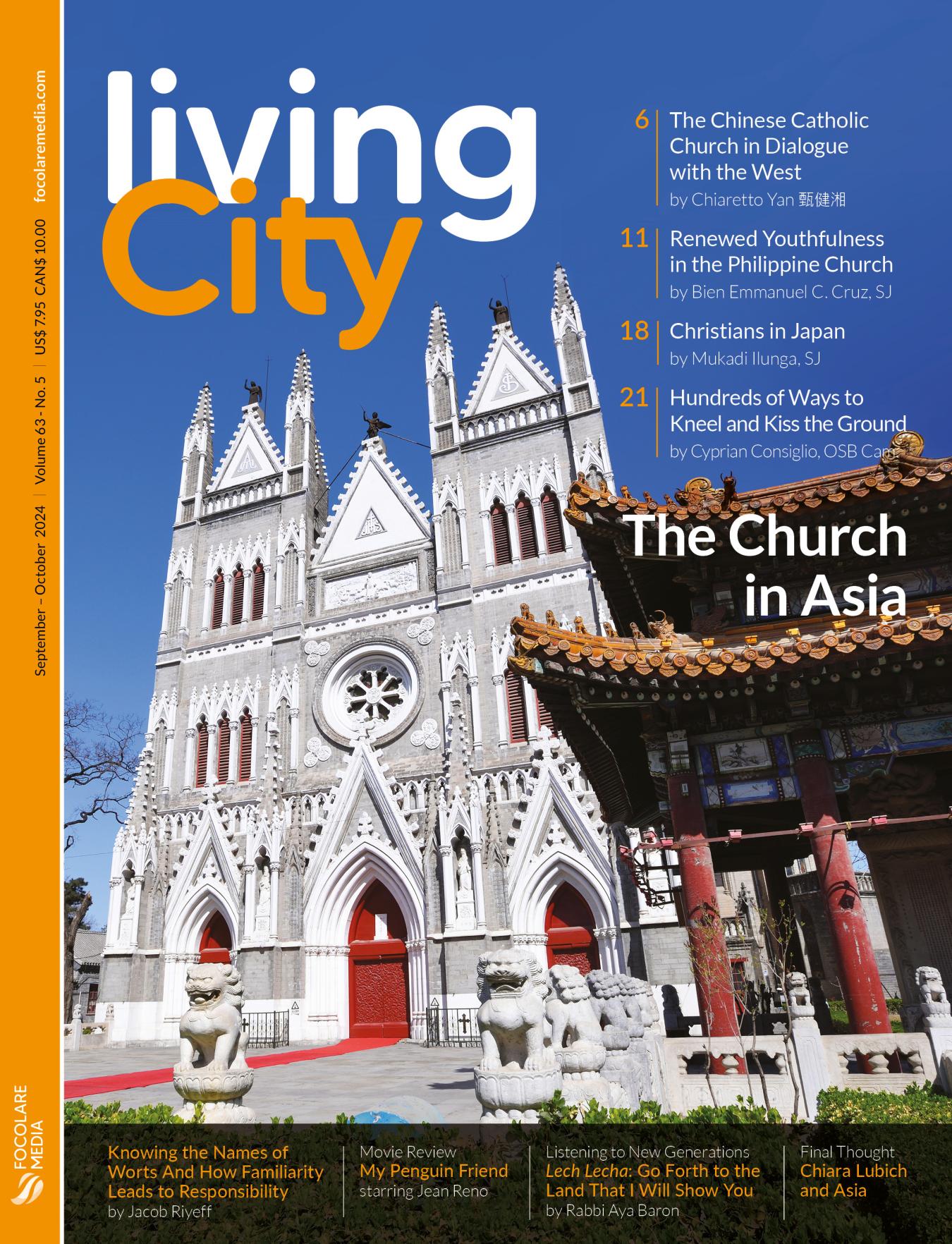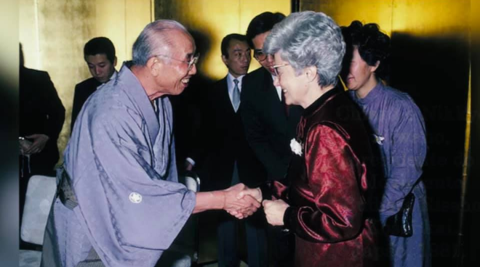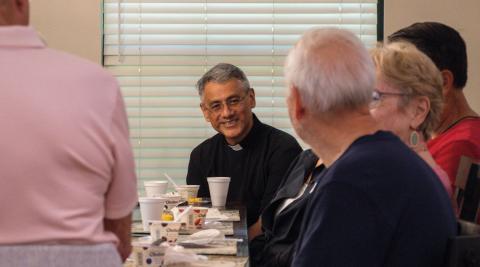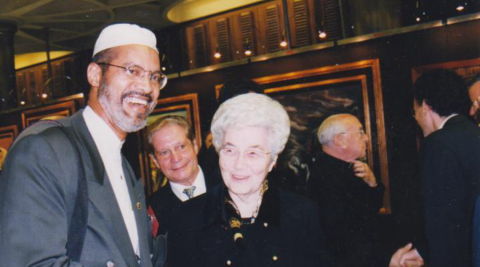
© Photo by Aspct Style | Adobe Stock
So strange and unique are these words. Like all the words said by Jesus, they have something in them of a light that this world does not know. They are so bright that the dull eyes of human beings, including those of apathetic Christians, are dazzled and therefore made blind.
There is nothing, perhaps, more puzzling, more difficult to grasp than the cross; it does not penetrate the head and the heart of human beings. It does not penetrate because it is not understood, because often we have become Christians only in name, merely baptized, maybe practicing, yet immensely far from being what Jesus would like us to be.
We hear about the cross during Lent. We kiss it on Good Friday and sometimes hang it up in our rooms. It is the sign that seals some of our actions. Yet it is not understood.
And perhaps the whole mistake lies here: in the world, love is not understood.
Love is the finest of words, but it is also the most deformed and debased. It is the essence of God, the life of the children of God, the breath of the Christian, yet it has become the heritage, the monopoly of the world. It is on the lips of those who have no right to use it.
Certainly, in the world, not all love is like this. There still exist, for instance, the feelings of mothers which, because they are mingled with suffering, make love noble. There is fraternal love, marital love, filial love, which are good and wholesome. They are traces although perhaps unconscious, of the Love of the Father, Creator of all things.
But what is not understood is love par excellence: which is to understand that God who made us, came on earth as one human being among others, lived with us, and allowed himself to be nailed to a cross: to save us.
It is too high, too beautiful, too divine, too little human, too bloodstained, painful, intense to be understood.
Perhaps maternal love can give us an inkling of it. For the love of a mother is not only hugs and kisses; it is above all sacrifice.
Thus it is with Jesus: love impelled him to the cross, considered foolishness by many.
But only this foolishness has saved humanity and has formed the saints.
Saints, in fact, are people who are able to understand the cross. They are men and women who, following Jesus, the God-Man, have taken up their daily cross as the most precious thing on earth. At times they have brandished it like a weapon, as soldiers of God. They have loved it all their lives, and they have known and experienced that the cross is the key, the only key to a treasure, the treasure. The cross gradually opens souls to union with God. Then, through human beings, God once more reappears on the scene of this earth. He repeats—although in a way that is infinitely lesser, yet similar—the actions that he himself once performed when, as one human being among others, he blessed those who cursed him, forgave those who insulted him, saved, healed, preached the words of heaven, fed the hungry, founded a new society based on the law of love, and revealed the power of the One who sent him.
In short, the cross is the necessary instrument by which the divine penetrates the human, and a human being participates more fully in the life of God, and is raised up from the kingdom of this world to the kingdom of heaven. But we must “take up our cross,” wake up in the morning expecting it, and knowing that only by means of it can we receive those gifts which the world does not know: that peace, that joy, that knowledge of the things of heaven, unknown to most.
The cross. It is such a common thing. It is so faithful that it never misses its appointment every day. To take up this cross is all we need to make us saints.
Taken from Chiara Lubich. Essential Writings, 89.
© 2007 New City Press. Used with permission.
If you enjoyed this article, you might like...






